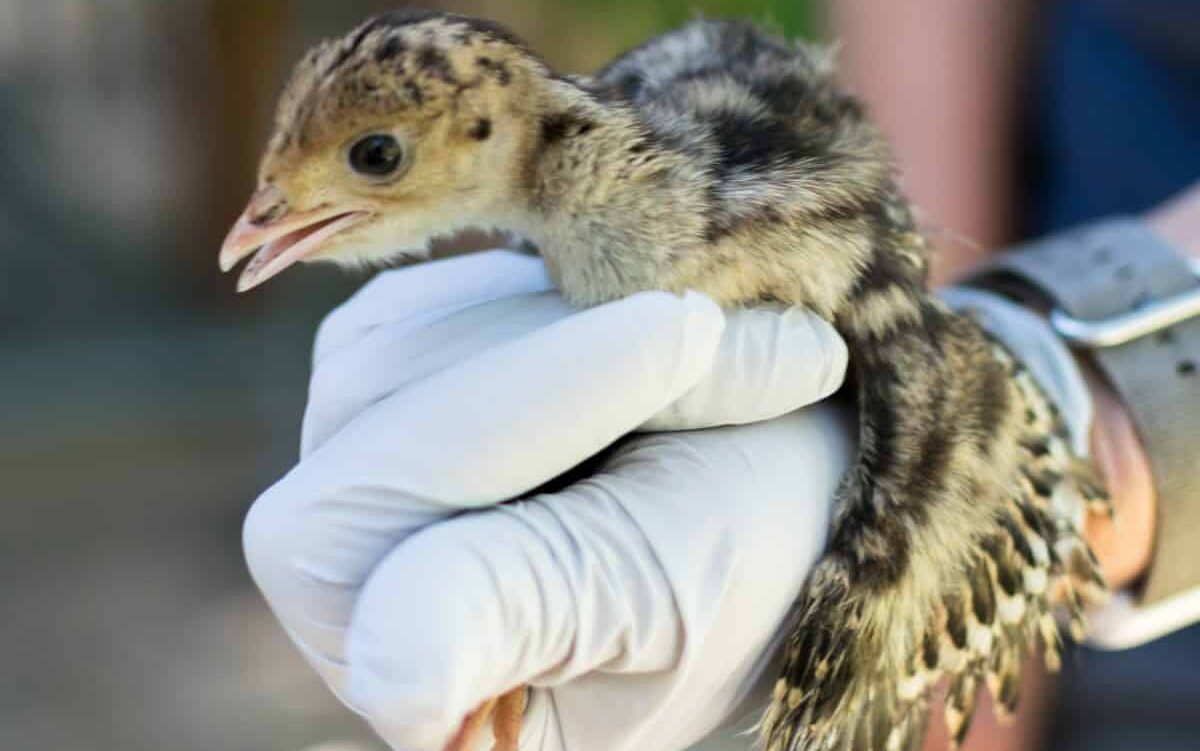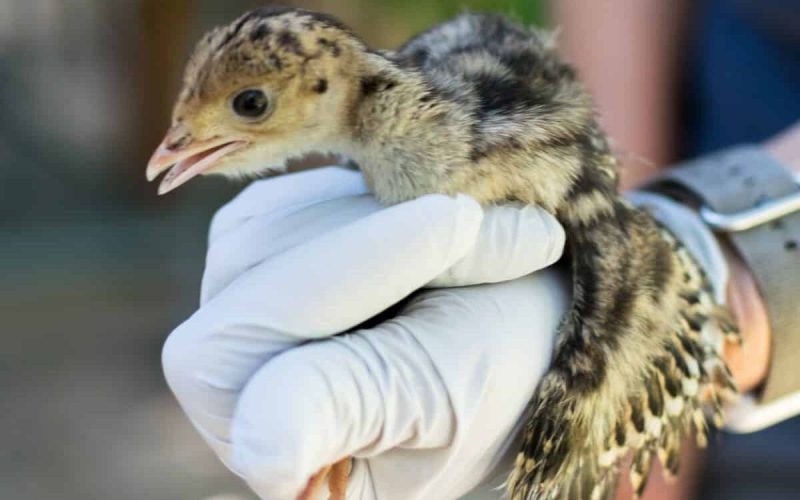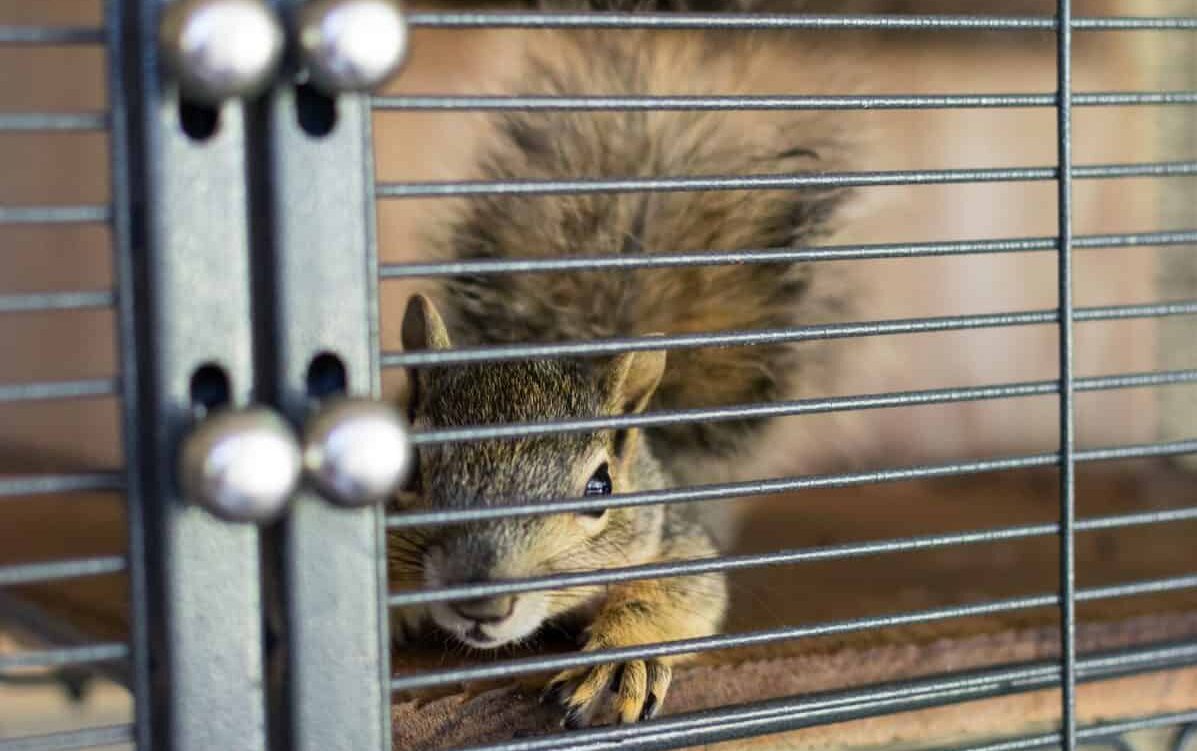

Common Myths About Wild Animals
As rehabilitators, we are constantly confronted with myths that people wrongly believe about wild animals. We hope you will take a minute to read through the following myths and become more educated about wild animals.
If you touch a baby animal, the mother will reject it. NO! No mother, wild or human, will reject her baby because someone touches it.
I can help the baby animal by giving it some milk. NO! Cow’s milk will kill most baby animals. Under no circumstances ever give a baby wild animal cow’s milk or any food, for that matter. Call All Things Wild Rehabilitation for information.
Baby birds on the ground need help! NO! If the little birds have all their feathers and resemble miniature adults, LEAVE THEM ALONE. They are fledglings and have permanently left the nest. They are on the ground learning how to fly and forge. The parent birds are watching them from the trees and bringing them food.
The baby fawn has been abandoned by its mother. NO! Mother deer leave their babies alone while foraging for food. See our section on “Help I Found An Animal” in the deer section for more information on how to determine if the baby needs help.
Opossums are big rats. NO! Opossums are not rodents. They are marsupials and one of nature’s sanitary engineers. Because of their low body temperature, they cannot harbor diseases, such as rabies, and can even eat venomous snakes. Opossums are also relatively benign creatures who defend themselves by hissing, teeth-baring, and drooling. These are not signs of rabies but rather a bluff to scare off potential predators.
Foaming at the mouth indicates rabies. NO! Foaming at the mouth can be a symptom of distemper, round worm, ticks, coccidia or other external or internal parasite overload, diabetes, liver failure, poisoning, epilepsy, herpes, allergies, and severe dehydration and emaciation, all of which are more common than rabies.
If you get close to a skunk, you’ll get sprayed. MAYBE! It is actually pretty difficult for a person to get sprayed by a skunk. These animals only spray to defend themselves, such as when a dog runs up and grabs them or barks loudly and frightens them. Because skunks cannot “reload” very fast, they do not waste their odoriferous weapon. Instead, they will stamp their front feet as a warning to get you to back off.
If I find a wild baby animal, I can raise it myself as long as I have a bottle or syringe and milk. NO! Unless you have a wildlife rehabilitator’s license issued by Texas Parks and Wildlife (TPWD), you cannot raise the animal. TPWD can and will issue a fine and confiscate the animal if they are made aware. Further, cow’s milk could injure or even kill a wild baby animal. Contact All Things Wild Rehabilitation for help.
Feeding bread to ducks and other birds like geese is okay. NO! Bread is bad for all birds because there is no nutritional value. Severe health problems, including a debilitating condition called angel wing, can be caused by feeding birds bread. Nutritional feed for ducks and geese can be purchased at most feed stores.
Related Posts


Wild Animals Do Not Make Good Pets
Keeping wild animals as pets can be detrimental for many reasons.
